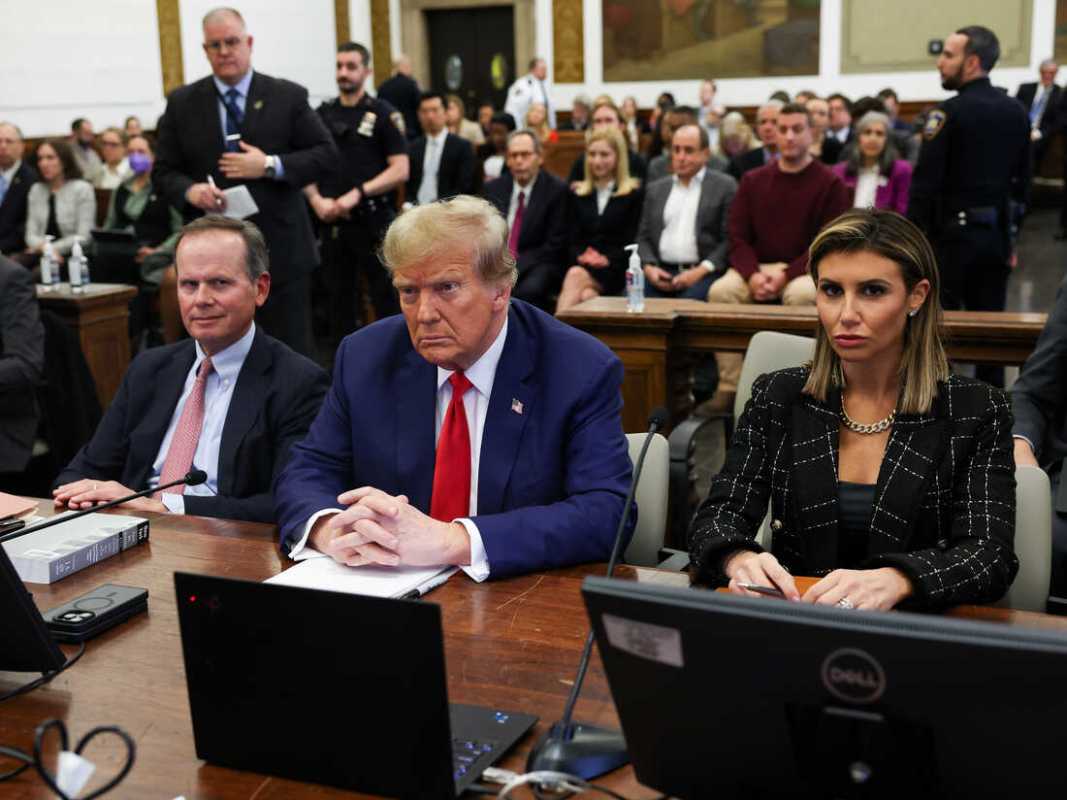Politics
New York Judge Orders Trump to Pay Over $364 Million in Fraud Case

A New York judge has ruled in a civil fraud case against former President Donald Trump and the Trump Organization, ordering them to pay over $364 million. This decision is a significant victory for New York Attorney General Letitia James, who pursued the case after a three-year investigation. Donald Trump and key members of his family and organization have been directed to pay the bulk of the amount, with Trump himself facing almost $355 million in liabilities. The ruling also imposes financial penalties on Eric Trump and Donald Trump Jr., while Allen Weisselberg and Jeffrey McConney have their own set penalties.
In the court filing, Judge Arthur Engoron criticized the lack of remorse and contrition displayed by Trump and his co-defendants. Engoron’s ruling prohibits Trump and his organization from holding key roles in New York businesses for a specified period, aiming to protect the financial marketplace and the public from future deceptive practices. This decision comes as part of a broader legal battle the former president is facing, including upcoming criminal trials.
The Trumps are accused of submitting fraudulent financial statements that inflated asset values over a decade, creating false valuations to enhance business deals. Evidence presented during the trial supported the claims of fraud, with documents detailing discrepancies in property valuations and testimonies from former associates. The trial witnessed testimonies from individuals like Michael Cohen and Allen Weisselberg, both offering insights into the valuation process within the Trump Organization.
This ruling follows Trump’s claims of biased political influence in the justice system, referencing a wider pattern of legal challenges the former president has encountered post his presidency. As Trump remains actively engaged in political activities, the legal battles add complexity to his campaign strategies.












